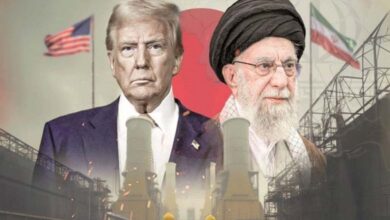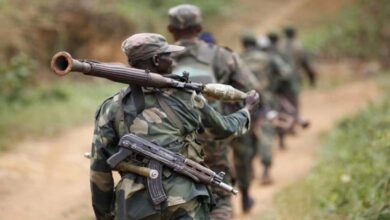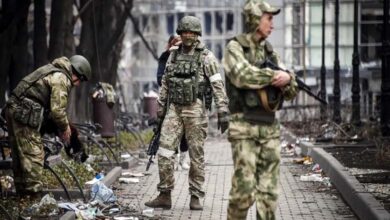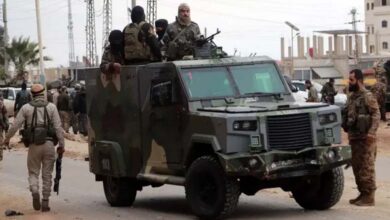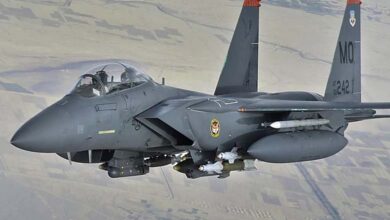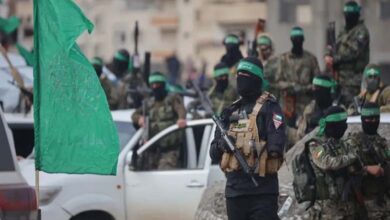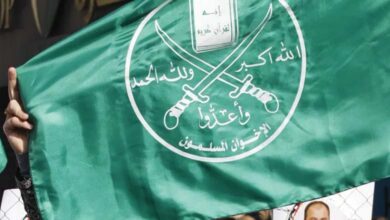Under Islamist sponsorship… The Sudanese Army seeks illusory victories
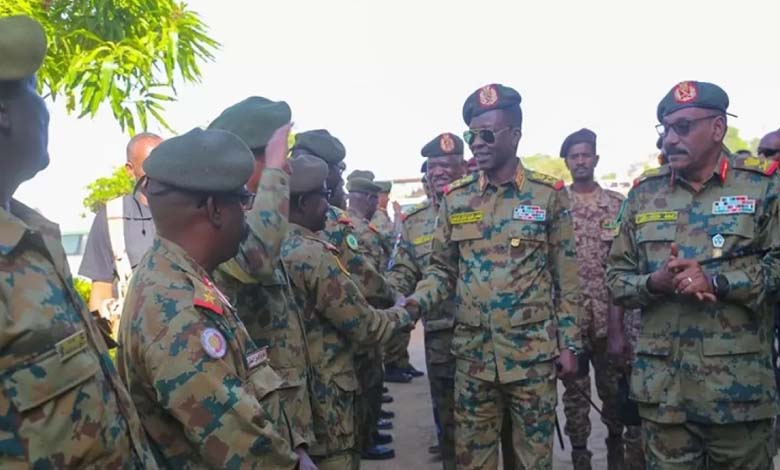
Sudanese Army Chief, Lieutenant General Abdul Fattah al-Burhan, seeks military escalation by enlisting some armed militias affiliated with the Muslim Brotherhood, alongside the Sudan Liberation Movement, despite local, regional, and international efforts to end the conflict.
Al-Burhan has enlisted these militias in the fight against the Rapid Support Forces due to the field challenges faced by the army, despite recent gains such as the retaking of the Radio and Television Corporation headquarters in Omdurman.
Al-Burhan has greatly benefited from the mobilization of new elements affiliated with the Islamist movement, which seeks to continue the conflict and refuses to cease fighting unless it returns to power.
The army has deliberately rallied its war allies, with forces affiliated with the Justice and Equality Movement led by Jibril Ibrahim moving to the Gezira State, and the Governor of Darfur, Minni Arko Minnawi, increasingly involving his forces (Sudan Liberation Army) in the war alongside the army, pushing towards Khartoum.
This comes at a time when Sudanese reports have spoken of an increase in the number of extremist elements from the Muslim Brotherhood group fighting alongside the army on various fronts, according to the London-based newspaper Al-Arabi.
The Chairman of the Sovereignty Council is trying to leverage progress in Omdurman to convince his partners in the armed movements and elements of Islamist organizations of the signs of victory, amid expectations that Sudan will witness escalation on multiple fronts in the coming days.
The army’s mobilization achieves several objectives, the most prominent of which is strengthening its alliances with military components that have an interest in continuing the war and ensuring a presence at the forefront of the political scene after the ceasefire.
The army leadership seeks to achieve a balance of power against the Rapid Support Forces, which have taken control of large areas, to continue battles and achieve military and then political supremacy, while reducing the role of civilian forces until the future of governance in the country is arranged.
Sources close to the army indicate that it has already decided to shift the balance by mobilizing its forces and allies for decisive action, and that recent foreign visits by Lieutenant General Abdul Fattah al-Burhan have seen understandings to tighten the noose on the Rapid Support Forces and prevent supplies from reaching them, to facilitate the army’s task of achieving gains that qualify it to impose its conditions in any negotiations.
The Executive Office Chairman of the National Alliance in Sudan, General Kamal Ismail, affirmed that the army has overlooked that this type of war is difficult to resolve militarily.
He said: One party benefits from the war, namely the elements of the regime of former President Omar al-Bashir, while the state and citizens who suffer from harsh conditions of displacement are affected, waiting for the fighting to stop, and the army’s thinking must be directed towards preserving the homeland.
Ramadan was supposed to witness a ceasefire between the army and the Rapid Support Forces, but efforts to implement the Security Council resolution to this effect have failed due to the obstinacy of the armed forces controlled by the Islamist movement and their refusal to stop fighting.


